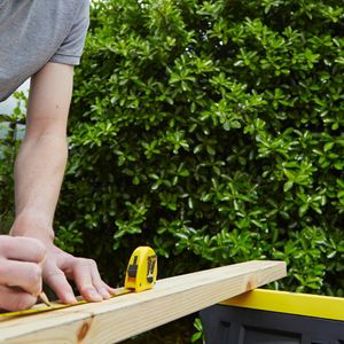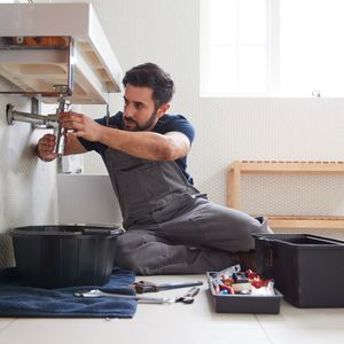
Reading Time: 4 Minutes
Health and Safety in Residential Property Investment
Ensuring your rental property is a warm, dry and safe environment is front of mind for many property investors. While the introduction of the Healthy Homes Standards and changes to the acceptable levels of methamphetamine contamination have stolen the headlines, there was one significant change in recent years that has flown under the radar. This significant change was the change to the Health and Safety at Work Act 2015 (HSW Act).
The objective of the law, implemented in April 2016, was to provide further protection to employees in the workplace. This covered all types of businesses, and every residential landlord owning an investment property was considered a business. Following the changes, every landlord was now considered to be a ‘person conducting a business or undertaking’ (PCBU).
The obligations imposed by the Act were also imposed on company directors, trustees, people holding positions comparable to company directors and anyone else who held a position that allowed them to exercise influence over the management of the PCBU. Simply put this meant that not only the landlord, but family members, solicitors, accountants or anybody else listed as a director or trustee for the business could be held responsible for breaches of the Act.
The fines and penalties for breaches of the Act were greatly increased. Should a landlord/business fail to meet their obligations under the Act and face prosecution the maximum fines or penalties are now up to $3 million for a PCBU and $600,000 or five-year imprisonment for an individual or officer of a PCBU. Ignorance of what is happening is no defence. The Act also prevents PCBUs from insuring against fines, so while indemnity insurance may cover any court costs the actual fines must be paid by the PCBU or the individual.
In practicable terms, the landlord is required to ensure that the property is provided in a safe and healthy environment for tenants and as far as reasonably practicable the health and safety of workers engaged in work on the property. This means that every time a contractor is sent to the property they must be informed of any Health and Safety issues that are present at the property, such as a dangerous dog, or difficult access. It also means that landlords have a duty to ensure that the contractor undertaking any maintenance is competent and appropriately qualified to do that work. They can meet this duty by assuring themselves that they are contracting a bona fide reputable company. Therefore the days of the old number-eight-wire ‘Do It Yourself’ Kiwi attitude to carrying out maintenance are past and would be a breach under the Act unless the landlord or person carrying out the work is fully qualified for that job and their qualifications are current.
Another aspect of the law for landlords is that when they have been made aware of issues at a property, they must have taken all reasonably practicable steps to deal with issues in a competent manner. For example, if they notice at a routine inspection or a tenant notifies them that some boards on the deck are rotten, they will not be able to simply put some plywood over the boards so no one stands on the rotten wood.
Australia has had a similar Health and Safety Act for many years and the following comparison of a New Zealand case pre changes to the Act and an Australian case under the Act gives us an idea of how significant the changes may be for landlords.
In New Zealand there was a case in Timaru where a Property Management Company were fined $50,000 for engaging an unqualified contractor to remove a gas heater. The gas supply was not capped off and then the new tenant moved in and ordered new gas cylinders. Up to 35kgs of gas leaked into the house overnight which fortunately didn’t result in serious injury.
In Australiathe Landlord and Property Manager was taken to court and ordered to pay $840,000. The tenant in the property had seriously hurt themselves when they accidentally broke a window pane on the front door of the house. The issue was that a contractor had over a period of seven years twice been to the house to repair other windows that had been broken. They used a handyman to carry out the work instead of using a qualified glazier. Had they used a qualified glazier it is likely they would have noticed that the pane in the door was not safety glass as required and prevented the injury.







